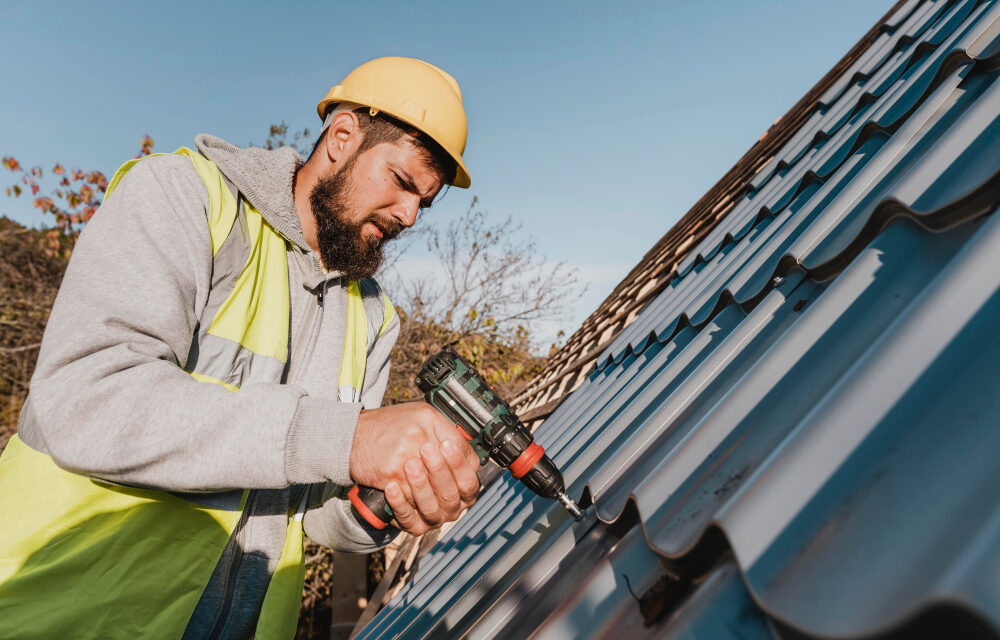Asbestos is a hazardous material posing significant health risks when disturbed. Once widely used in construction for its fire-resistant properties, asbestos can lead to severe health issues like lung cancer and mesothelioma. This makes asbestos testing and asbestos consultation vital to maintain safe environments in homes, workplaces, and public buildings.
What is Asbestos
Asbestos is a naturally occurring fibrous silicate mineral which is known for its heat resistance, strength, and insulating properties. It was commonly used in building materials like insulation, roofing shingles, floor tiles, and cement products. Asbestos releases tiny fibers when disturbed that cause serious health issues over time.
How to choose the right Asbestos consultant
When talking about asbestos, the safety of your employees and workers is at stake. It is crucial to choose the right asbestos consultant.
Choose the asbestos consultant who fits the below criteria.
- Choose a firm with experience who will appoint a senior level, certified asbestos consultant to your project.
- Asbestos surveys, plans, and abatement involve multiple disciplines. It is helpful for asbestos consultants to rely on experts in construction, architecture, engineering, and other environmental disciplines to address any concerns that come up during the process.
- Choose a provider with experience in your sector as asbestos abatement varies for private versus public facilities.
- Choose a firm that is well respected and possesses a proven track record with highly satisfied customers.
- Expect your firm to display a track record in the type of building you have.
- Choose a firm that can provide you with consistent service wherever you need it if you own fasciitis in more than one location.
When you choose an asbestos consultant that meets these criteria you can remain assured that your asbestos needs will be taken care of in a safe, timely, and cooperative manner.
What does an Asbestos consultant do?
A trained, certified, and experienced asbestos consultant can provide several key services to make sure your buildings are safe from asbestos contamination involving
- Asbestos surveying to regulate the existence of asbestos in a building.
- Asbestos testing and laboratory analysis
- Asbestos abatement planning
- Asbestos abatement project drawings and specification
- Asbestos abatement project management
- Asbestos operations and maintenance plan
- Asbestos awareness training for employees and occupants
In many cases a separate asbestos contractor does the abatement work and your asbestos consultant helps to make sure the work is done correctly, in compliance with plans and specifications with some standards. The asbestos consultant draws up your specifications and aids in selecting the right contractor to do the work, and then supervises the process of abatement.
What is Asbestos testing
An asbestos testing is when an individual inspects a building or facility for the presence or location of asbestos containing material (ACM) or suspected ACM. ACM contains more than 1% asbestos. Suspected ACM is a material that is supposed to be asbestos but is not sampled and analyzed for asbestos content. An asbestos testing does re-examining a building or facility to identify the presence of additional or existing ACM or suspected ACM.
When is Asbestos testing required
The Minnesota Department of Health (MDH) does not conduct any asbestos tests. If a test is conducted, it must be done according to MDH regulations. The Minnesota Department of Labor and Industry, the Minnesota Pollution Control Agency and the EPA have requirements for when a test is required like before any renovation or demolition and also in school.
A minimum number of samples must be collected and analyzed if a suspect material is classified as non-ACM. The following provides an idea of the minimum number of samples for collection and analysis.
- Thermal system insulation (TSI) includes materials like boiler insulation, pipe insulation, ductwork insulation, vermiculite, and furnace gaskets. At least 3 samples from each homogeneous material of TSI, 1 sample from patched TSI is required to determine if the material is asbestos containing.
- Surfacing materials like spray applied fireproofing, troweled on plasters or ceiling textures are needed to analyze.
The asbestos inspector must submit the samples for analysis to a laboratory which is accredited by the National Institute of Science and technology (NIST) through the National Voluntary Laboratory Accreditation Program (NVLAP) and a laboratory with successful participation in the asbestos bulk analysis program of the American Industrial Hygiene Association (AIHA).
The asbestos test report must contain the following information
- The location of each homogeneous material
- The condition of each homogeneous material
- The inspector’s signature and date signed
- The inspector’s asbestos inspector certification number
- A photocopy of the current asbestos inspector inspector certificate of each asbestos inspector who did the test.
Conclusion
Asbestos testing and asbestos consultation are important components to maintain safe environments in buildings. Property owners can protect the health of occupants, comply with regulations, and ensure safe renovation and demolition activities by identifying and managing asbestos containing materials.





